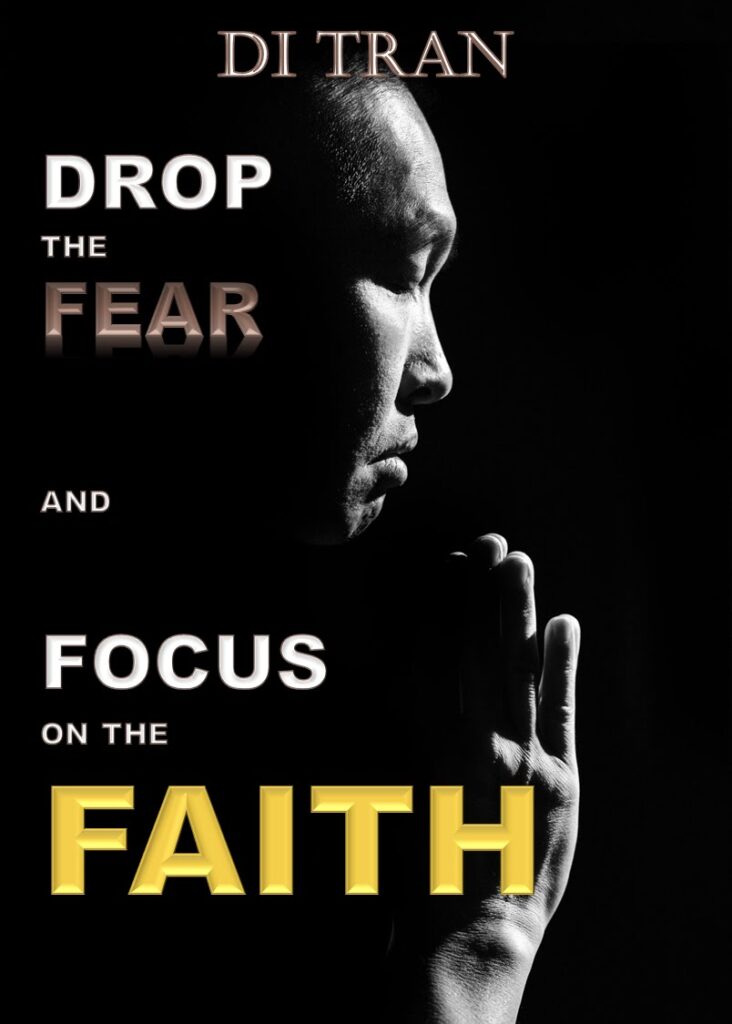The pursuit of a fulfilling life and positive mental health has become an essential goal for many people in today’s fast-paced world. Two key elements in this pursuit are fun and happiness. While these concepts are often used interchangeably, they are not synonymous. Understanding the difference between fun and happiness is crucial for finding the right balance in life and prioritizing what truly matters for mental well-being.
Fun: The Excitement of the Moment
Fun refers to the enjoyment of pleasurable activities that bring about excitement and amusement. Fun is often experienced in the present moment and can be influenced by a wide range of factors, such as socializing with friends, engaging in hobbies, or participating in leisure activities. Fun is a powerful emotional response that can help relieve stress, foster connections with others, and break the monotony of daily routines.
Happiness: The Enduring Sense of Well-Being

Happiness, on the other hand, is a deeper and more enduring emotional state characterized by a sense of contentment, fulfillment, and well-being. While fun can contribute to happiness, it is not a guaranteed pathway. Happiness is influenced by various factors, including a person’s values, relationships, and sense of purpose. It often requires intentional effort and reflection to cultivate and maintain over time.
Mental Health and the Pursuit of Happiness
Positive mental health is closely tied to the pursuit of happiness. Research has shown that individuals who prioritize happiness and well-being tend to experience lower levels of stress, anxiety, and depression. In contrast, those who focus solely on seeking fun and momentary pleasure may find themselves feeling unfulfilled and struggling with their mental health.

To nurture mental well-being, it is essential to strike a balance between fun and happiness. This means finding a healthy mix of engaging in enjoyable activities while also investing in long-term personal growth and development.
Finding the Right Balance
- Cultivate Meaningful Relationships: Building strong connections with friends and family can bring both fun and happiness to your life. Investing time in nurturing these relationships provides opportunities for shared experiences and emotional support.
- Pursue Personal Growth: Engaging in activities that promote personal development, such as learning new skills, setting goals, and reflecting on your values, can help cultivate happiness and a sense of purpose.
- Practice Gratitude: Focusing on the positive aspects of your life and expressing gratitude for the things you have can increase happiness and overall life satisfaction.
- Engage in Mindful Activities: Activities such as meditation, yoga, or journaling can help develop mindfulness, leading to increased happiness and mental well-being.
- Make Time for Fun: While prioritizing happiness is essential, it’s also important to set aside time for enjoyable activities. Engaging in fun experiences can help relieve stress and maintain a healthy balance in life.
Understanding the difference between fun and happiness is vital for promoting mental health and leading a fulfilling life. While fun is an essential aspect of life, it is crucial not to neglect the pursuit of happiness and the factors that contribute to long-term well-being. By striking the right balance between fun and happiness, individuals can achieve a more resilient and satisfying life experience.





